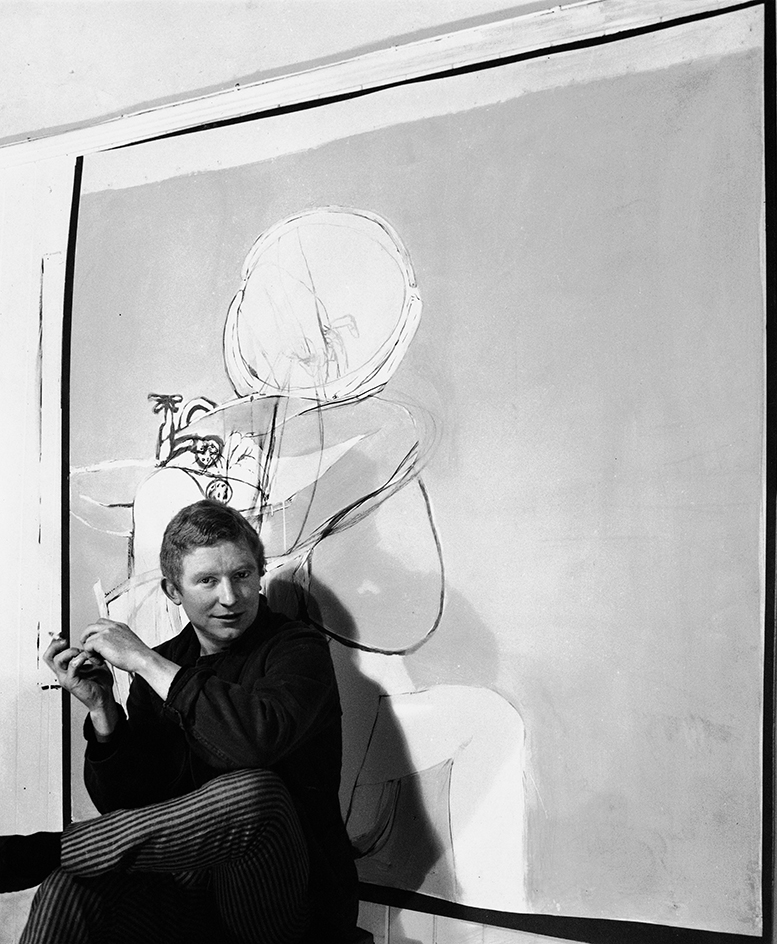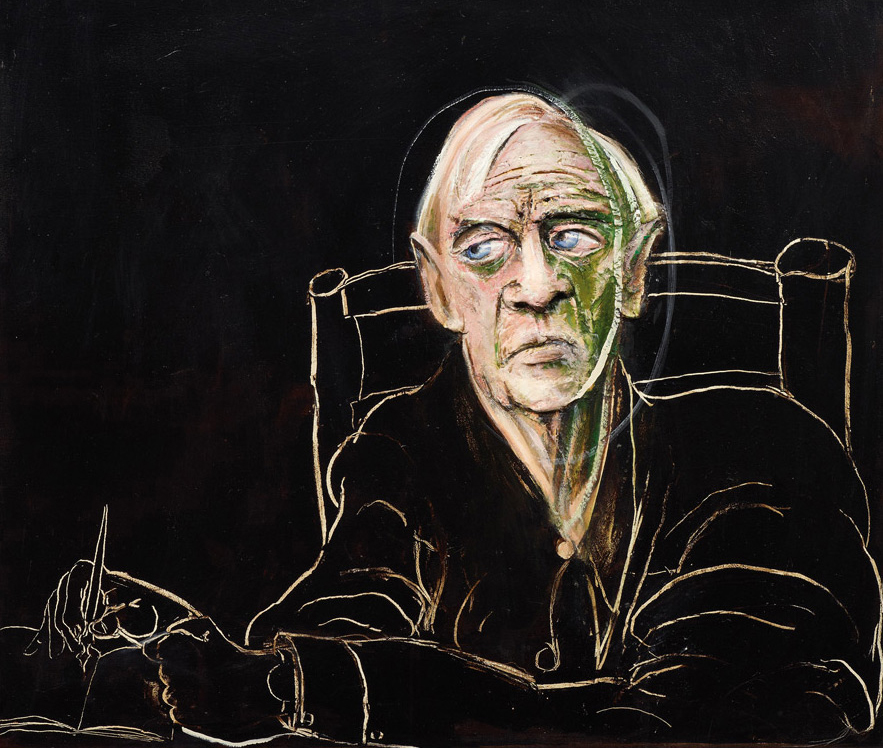Whiteley, Brett (1939-1992), was an Australian painter, sculptor, and printmaker. Much of Whiteley’s work concentrates on the human figure, though his style comes close to abstract art. Abstract art is a style of art with no recognizable subject matter. Whiteley often emphasized sex and violence in his work. His experimental style and highly personal approach to his subjects made him a leader in the Australian avant-garde movement. Avant-garde artists emphasize experimental and original methods and oppose accepted ways of doing things.

Perhaps Whiteley’s most famous work is Alchemy (1972-1973). He created this work on 18 wood panels, which extended 53 feet (16 meters) in length and 6 feet 8 inches (2 meters) in height. Alchemy includes a broad variety of materials, including oil paint, a stuffed bird, gold leaf, a cicada, dentures, a sink plug, pins, electricity, and a glass eye. The work has been interpreted as the artist’s symbolic vision of the journey of life from birth to death.
Whiteley first won the Archibald Prize for portrait painting in 1976. In 1978, he became the first painter to win the three major Australian art awards—the Archibald, Wynne, and Sulman prizes—in one year.

Whiteley was born in Sydney on April 7, 1939. He traveled to Europe in 1960 and gained worldwide attention in 1961 by winning the international prize at the Paris Biennial for Young Artists. Whiteley returned to Australia in 1969 and set up a studio at Lavender Bay in Sydney. The blue waters of Sydney Harbor and the white sails of the yachts provided subjects for many of his paintings. Beginning in 1961, Whiteley created many prints and posters, using the same subjects and themes found in his paintings. He also created numerous mixed-media sculptures—that is, sculptures created from a variety of materials.
Whiteley suffered from personal problems toward the end of his life, including a divorce and addiction to drugs and alcohol. He died of a drug overdose on June 15, 1992.
